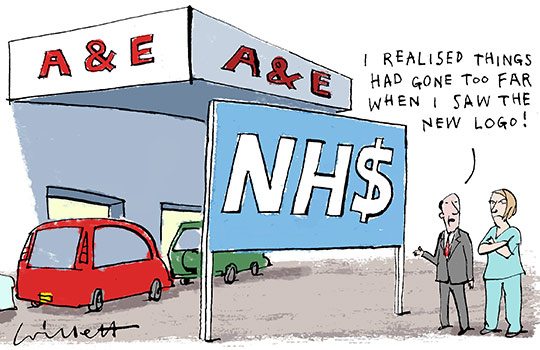“The NHS is not fit for the 21st century,” was the headline in the Daily Telegraph this weekend, reporting on an interview with Professor Ted Baker, the new chief inspector of hospitals. It seems like only yesterday that another Professor—Stephen Hawking—felt compelled to raise concerns in the press about the current state of the NHS. […]
Rachel Clarke: A blame culture has made the NHS less safe, not more






